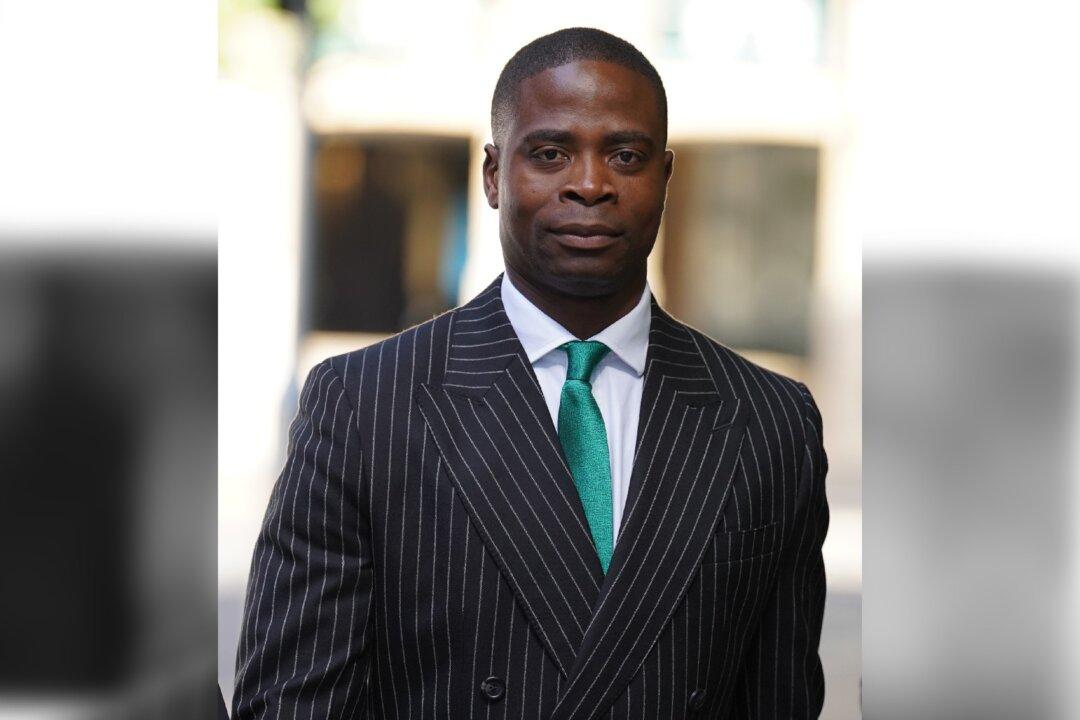LONDON—A regimental sergeant major in the British Army accused of stealing “deadly” ammunition and selling it, through an accomplice, to an undercover police officer posing as a gangster, told detectives money found in a safe in his bedroom was from the sale of car parts.
But prosecutor Duncan Atkinson, QC, told a jury at Southwark Crown Court the serial numbers on 45 of the £20 notes found in Technical Quartermaster Sergeant Kirtland Gill’s safe in his bedroom matched those which had been handed over by the undercover officer, identified only as D, to another soldier, Lance Sergeant Rajon Graham.





